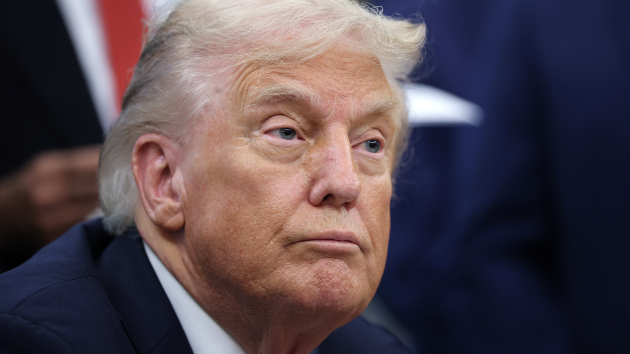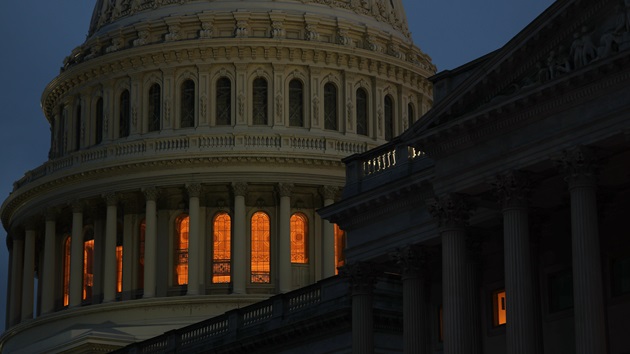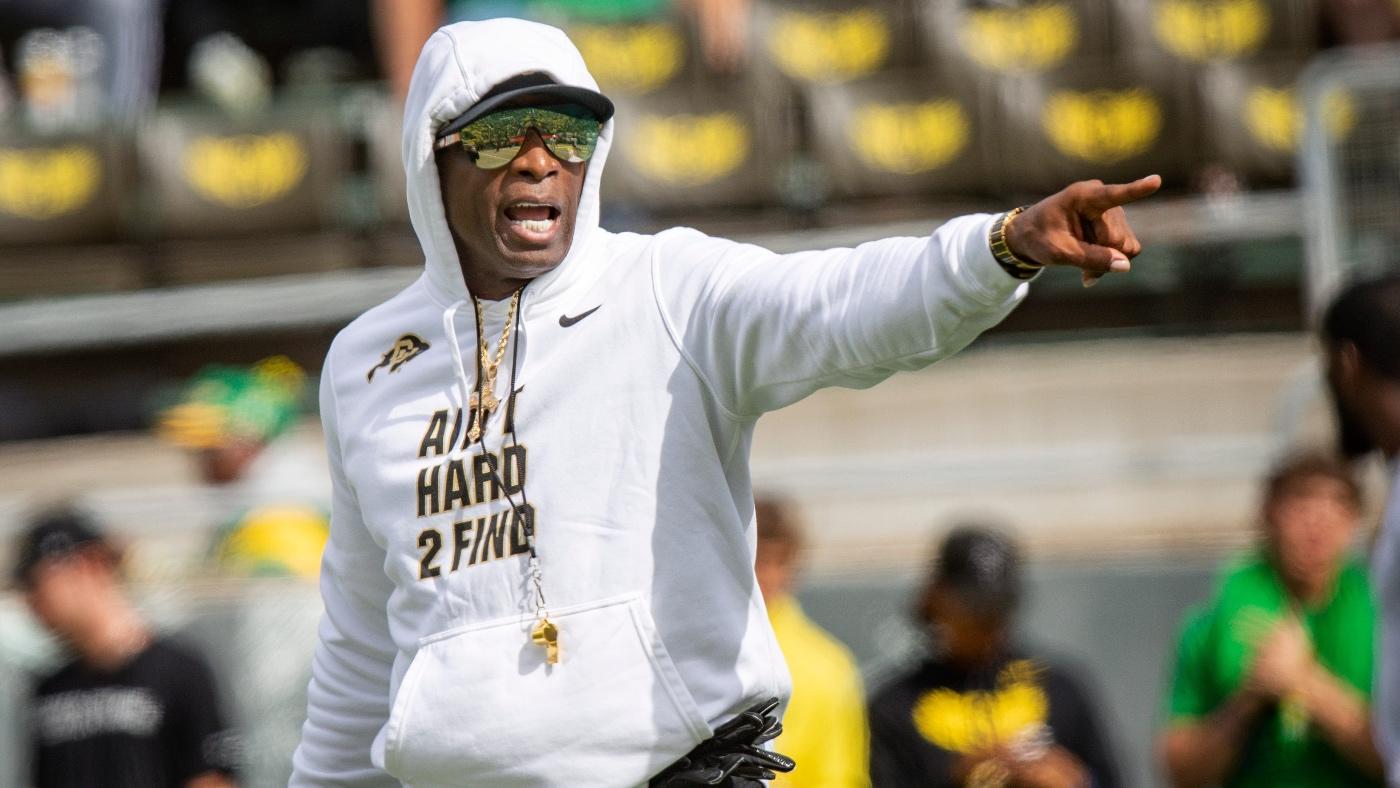Trump moves to dismiss federal election interference case, citing ‘presidential immunity’
Written by ABC Audio ALL RIGHTS RESERVED on October 6, 2023

(WASHINGTON) — Former President Donald Trump made his first motion to dismiss his federal election interference case Thursday, citing what his lawyers claim is his “absolute immunity” from prosecution for actions taken while serving in the nation’s highest office.
“Breaking 234 years of precedent, the incumbent administration has charged President Trump for acts that lie not just within the ‘outer perimeter,’ but at the heart of his official responsibilities as President,” Trump’s attorneys say in their filing. “In doing so, the prosecution does not, and cannot, argue that President Trump’s efforts to ensure election integrity, and to advocate for the same, were outside the scope of his duties.”
The filing is the first in a series of anticipated motions to dismiss the case against Trump brought by Special Counsel Jack Smith that charged him with four counts related to his alleged plot to overturn the 2020 election.
Trump in August pleaded not guilty to charges of undertaking a “criminal scheme” to overturn the results of the 2020 election by enlisting a slate of so-called “fake electors,” using the Justice Department to conduct “sham election crime investigations,” trying to enlist the vice president to “alter the election results,” and promoting false claims of a stolen election as the Jan. 6 riot raged — all in an effort to subvert democracy and remain in power.
The former president has denied all wrongdoing and denounced the charges as “a persecution of a political opponent.”
While Smith’s indictment specifically alleged Trump clearly acted outside the scope of his office while engaging in an unlawful conspiracy to obstruct the peaceful transfer of power, Trump’s attorneys on Thursday contended that Smith “falsely claims President Trump’s motives were impure” and that he “knew” reports of fraud in the election were untrue.
“…[As] the Constitution, the Supreme Court, and hundreds of years of history and tradition all make clear, the President’s motivations are not for the prosecution or this Court to decide,” they argue. “Rather, where, as here, the President’s actions are within the ambit of his office, he is absolutely immune from prosecution.”
Trump’s attorneys hinge at least part of their argument of Trump’s immunity on his acquittal by the Senate following his impeachment in the wake of the Jan. 6 assault on the Capitol.
“The Impeachment Clauses provide that the President may be charged by indictment only in cases where the President has been impeached and convicted by trial in the Senate,” they say. “Here, President Trump was acquitted by the Senate for the same course of conduct… The Special Counsel cannot second-guess the judgment of the duly elected United States Senate.”
And rather than take the position that the actions taken by Trump leading up to the Jan. 6 attack fell within the “outer perimeter” of his duties — including his pressure campaign against state officials to overturn his election losses, his alleged efforts to recruit the Justice Department to falsely declare the election was rife with fraud, and his push for then-Vice President Mike Pence to reject electors — they instead make the case that such acts fell at the “heart of his constitutional duties” to ensure the election was conducted with integrity.
Judge Tanya Chutkan will likely order a briefing schedule laying out deadlines for the government to issue its response to the motion to dismiss.
Copyright © 2023, ABC Audio. All rights reserved.

 KVSP
KVSP 




